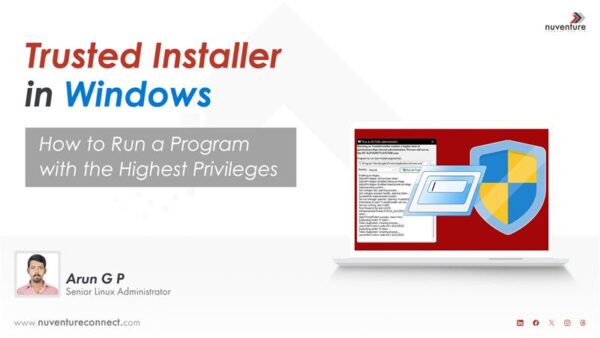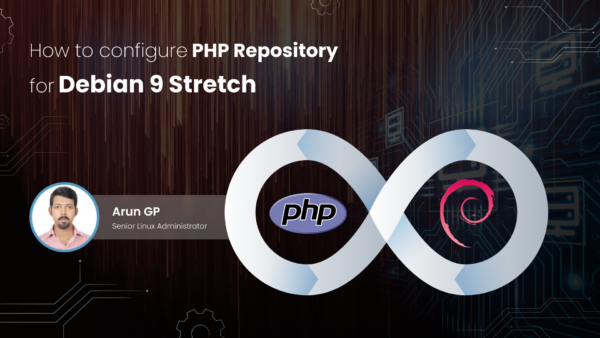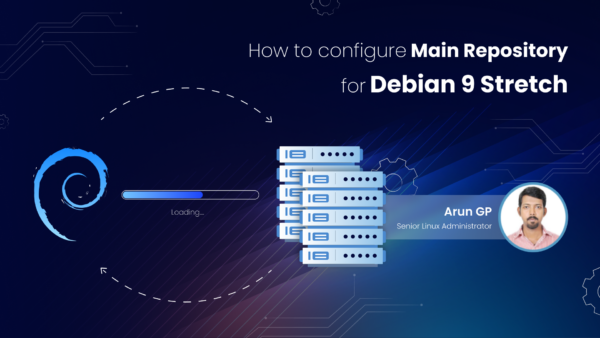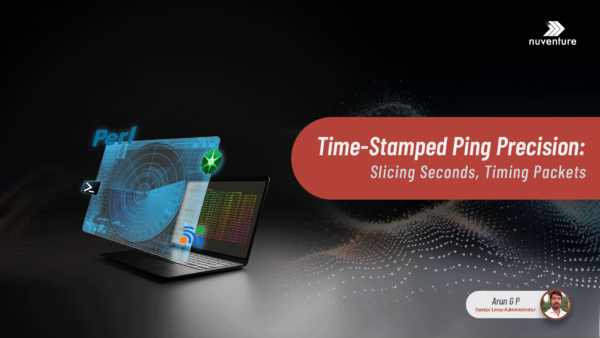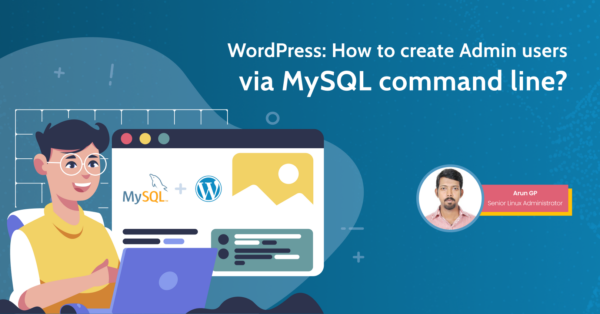TrustedInstaller is a built-in service account in the Windows operating system with the highest permissions. Introduced in Windows Vista, it is the Windows Module Installer service, which is part of Windows Resource Protection. Thus, TrustedInstaller is responsible for managing system files, installing and uninstalling applications, and performing critical system updates. This ensures that important system […]
How to Configure PHP Repository for Debian 9 Stretch
Debian is a free and open-source Linux distribution developed by the Debian Project, starting from August 1993. It is one of the oldest operating systems based on the Linux kernel, and as of now the second oldest Linux distribution still in active development. Debian is also the basis for many other distributions including Ubuntu, Linux […]
How to configure Main Repository for Debian 9 Stretch
Debian is a free and open-source Linux distribution developed by the Debian Project, starting from August 1993. It is one of the oldest operating systems based on the Linux kernel, and as of now the second oldest Linux distribution still in active development. Debian is also the basis for many other distributions including Ubuntu, Linux […]
HOW TO USE TIME-STAMPED PING
Ping is the utility used to test the reachability of a host on a network. It is virtually available for all operating systems that have networking capability. We often use ping to know if the host is available or not. It can also be used to monitor when the host becomes available or unavailable. […]
WordPress: How to create Admin users via MySQL commandline
A WordPress user can belong to any of the six pre-defined roles. • Super Admin – Has access to all features including site network administration. • Administrator – Has access to all the administration features within a single site. • Editor – Can publish and manage posts including the posts of other […]
